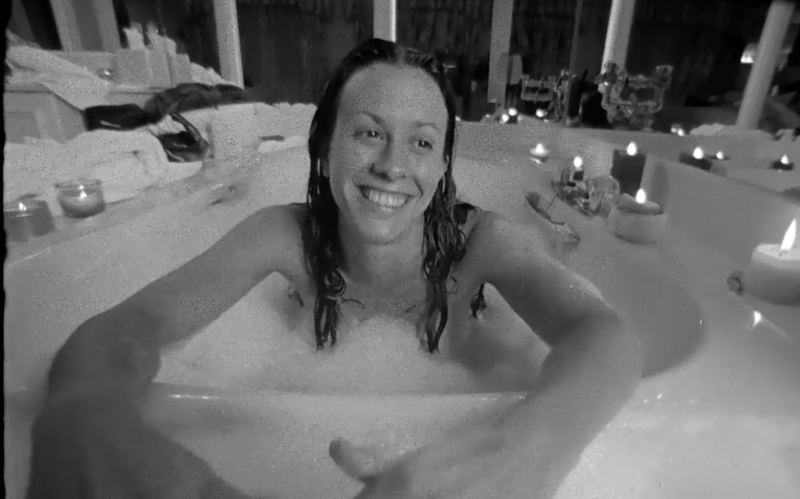Back in September, Alanis Morissette refused to attend the premiere of Jagged, HBO’s new documentary about her. “i ultimately won’t be supporting someone else’s reductive take on a story much too nuanced for them to ever grasp or tell,” the singer wrote in a statement, adding, “this was not the story i agreed to tell.” She said that the interview she did for Jagged took place “during a very vulnerable time (while in the midst of my third postpartum depression during lockdown).” The singer even claimed that director Alison Klayman had a “salacious agenda” and “did not warrant being trusted.”
Morissette’s ire suggested Jagged would be supremely revealing. It suggested that fans would finally get answers to the questions they’ve pondered ever since Jagged Little Pill first exploded in 1995. Who were the music industry men who exploited her in her teens? And was the older man from “You Oughta Know” really Dave Coulier (Uncle Joey from Full House)? Some viewers might be disappointed, then, to find out that the film stays as vague about those details as Morissette herself always has been. Salacious, Jagged most certainly is not.


